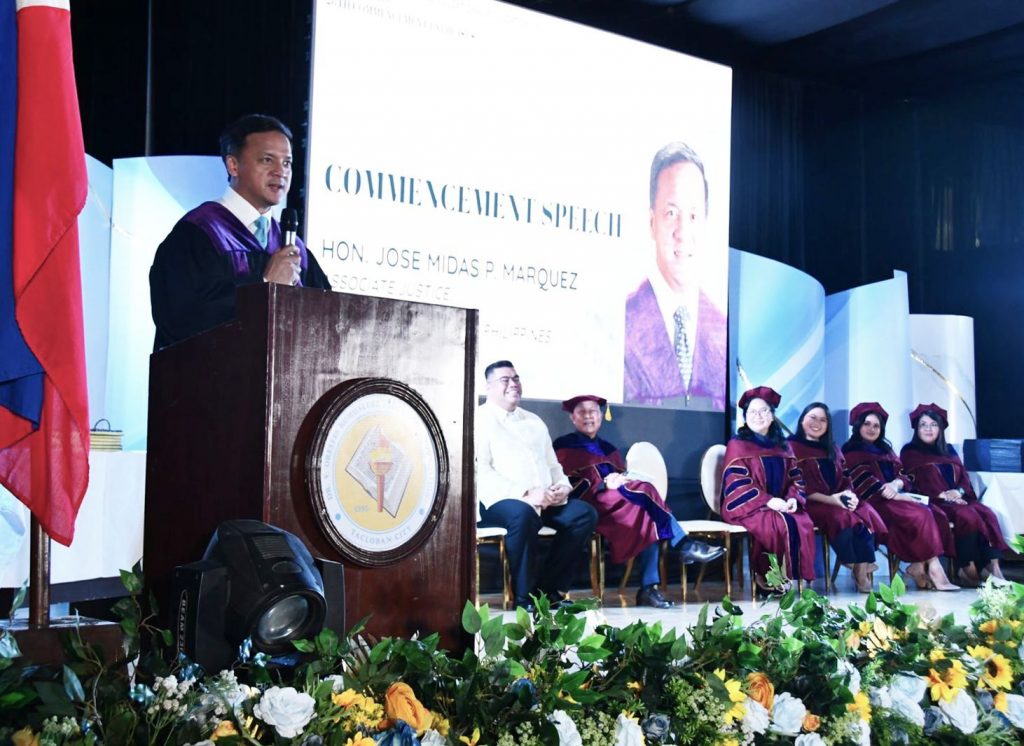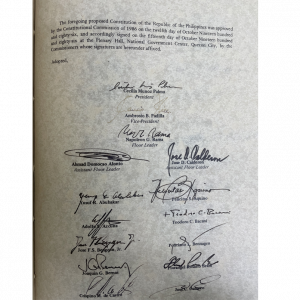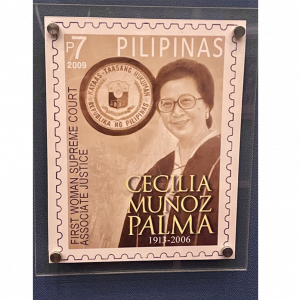Law Graduates Encouraged to be Proactive Partners in Judicial Reforms
July 11, 2023

Supreme Court Associate Justice Jose Midas P. Marquez delivers the message of Chief Justice Alexander G. Gesmundo during the 28th Commencement Exercises of the Dr. V. Orestes Romualdez Educational Foundation, Inc. College of Law held at the RTRMF-DVOREF Gymnasium, Tacloban City on July 8, 2023.
“Our hope is that the justice system you will enter will truly be more efficient, innovative, and accessible than the one we did.”
Thus remarked Chief Justice Alexander G. Gesmundo in a message delivered on his behalf by Supreme Court Associate Justice Jose Midas P. Marquez at the 28th Commencement Exercises of the Dr. V. Orestes Romualdez Educational Foundation, Inc. (DVOREF) College of Law, held at the RTRMF-DVOREF Gymnasium, Tacloban City on July 8, 2023.
Referring to the law graduates as “digital natives,” the Chief Justice noted how the younger generation appears to be “much better at using and adapting to new technologies.” With these skills, the aspiring lawyers can become proactive partners of the Supreme Court in its goal of reforming the Judiciary through technology.
“Driven by the pandemic, we harnessed technology to keep the wheels of justice from grinding to a halt. Now, even with the global health emergency over, we continue to build on these gains, guided by our Strategic Plan for Judicial Innovations 2022-2027 or the SPJI,” said the Chief Justice, through Justice Marquez.
He added how the SPJI “weaves together the many different ideas, aspirations, plans, and proposals of the Justices of the Court for the pursuit of one overarching goal: the delivery of justice in real time. It is anchored on four guiding principles—Timely and Fair Justice, Transparent and Accountable Justice, Equal and Inclusive Justice, and Technologically Adaptive Management—and aimed at three outcomes: Efficiency, Innovation, and Access.”
The Chief Justice also shared with the over 80 law graduates some of the results of these judicial innovations, such as the digitalization and the decentralization of the Bar Examinations; the Revised Model Law Curriculum, and the Legal Education Program, among others.
“Similar initiatives include: streamlining both adjudicative and administrative court systems, a judiciary-wide organizational review and restructuring, and a stronger campaign for ethical responsibility under the SPJI’s first outcome of Efficiency; a shift to automated platforms using the most appropriate and secure technologies like artificial intelligence and the transformation of our trial courts as electronic courts under the second outcome of Innovation; and strengthening our legal aid initiatives under the final outcome of Access,” added the Chief Justice.
The Chief Justice then called on the future lawyers to learn more about the SPJI: “Beyond the benefits the SPJI will bring to our justice system and our people, its success will give you an advantage in this profession.” (Courtesy of the Supreme Court Public Information Office)






















